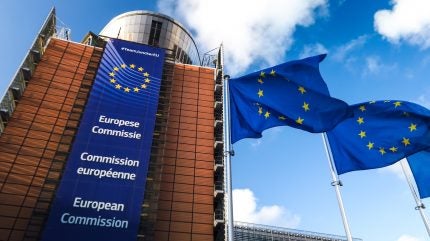
The European Commission (EC) has concluded its in-depth state aid investigations into tax rulings for Amazon and Starbucks.
The investigations, which also involved the Fiat car company, focused on whether Luxembourg and the Netherlands had granted them selective tax advantages. This would be in breach of EU state aid rules.
Following judgments by the EU courts, the commission determined that the tax rulings in question did not confer a selective advantage to the companies.
The decision follows findings in 2015 and 2017 in which the commission identified that Luxembourg and the Netherlands had provided selective tax benefits to Fiat, Amazon and Starbucks.
In 2015, the commission found that a tax ruling by Luxembourg from 2012 unduly reduced Fiat’s tax burden by between €20m and €30m. In November 2022, the Court of Justice annulled a 2019 General Court ruling that had upheld a 2015 commission decision. The Court of Justice determined that the commission had used incorrect parameters in its investigation.
A ruling from 2003, extended in 2011, was similarly found to have lowered Amazon’s taxes in Luxembourg by €250m. In May 2021, the General Court annulled the commission’s decision, ruling that the commission had not proven the existence of a selective advantage. The Court of Justice upheld the annulment in December 2023.
How well do you really know your competitors?
Access the most comprehensive Company Profiles on the market, powered by GlobalData. Save hours of research. Gain competitive edge.

Thank you!
Your download email will arrive shortly
Not ready to buy yet? Download a free sample
We are confident about the unique quality of our Company Profiles. However, we want you to make the most beneficial decision for your business, so we offer a free sample that you can download by submitting the below form
By GlobalDataStarbucks’s case followed a similar pattern. In October 2015, the commission identified that a Dutch tax ruling from 2008 had unfairly reduced Starbucks’ tax burden by between €20m and €30m – and as with Fiat and Amazon, this decision was later overturned by the EU courts.
With these final rulings, the commission acknowledges the guidance provided by the EU courts and confirms that no selective tax advantages were given to Fiat, Amazon or Starbucks by Luxembourg or the Netherlands.
EC competition policy executive vice-president Margrethe Vestager stated: “The EU courts have confirmed in the recent Apple judgment that the commission was right in challenging certain aggressive tax ruling practices. In other judgments, they have also set the benchmark to assess tax planning practices under EU state aid rules. Today, taking into account all of the EU court findings, we have concluded that Fiat, Amazon, and Starbucks did not receive a selective advantage over other companies.”
Since 2013, the commission has been examining member states’ tax rulings under EU state aid rules. While tax rulings confirming compliance with existing laws are not problematic, those granting selective advantages can distort competition in the Single Market and violate state aid regulations.



